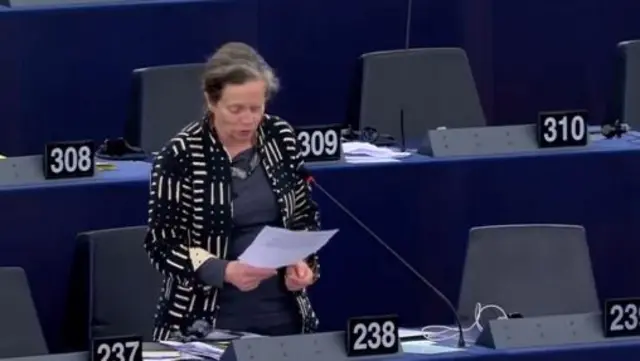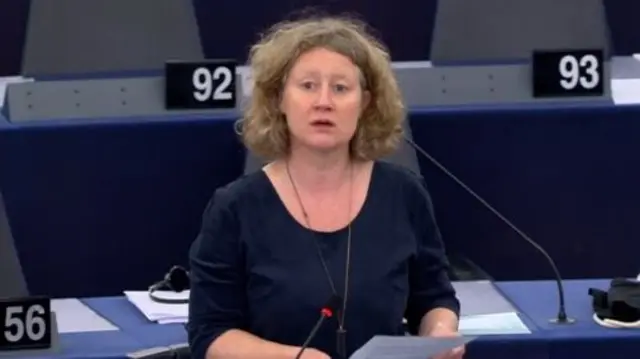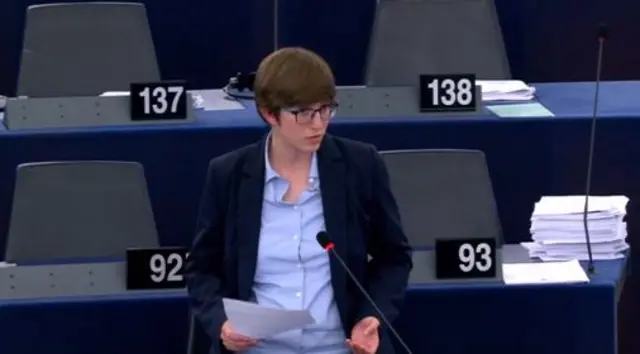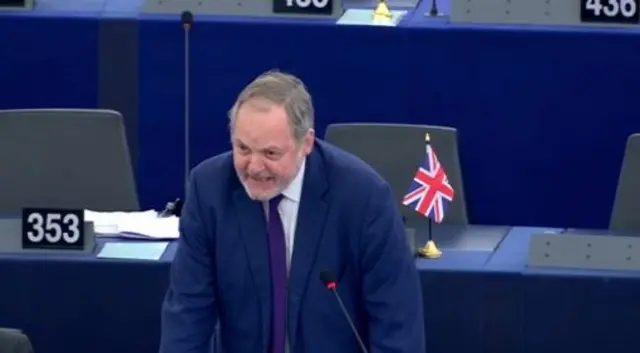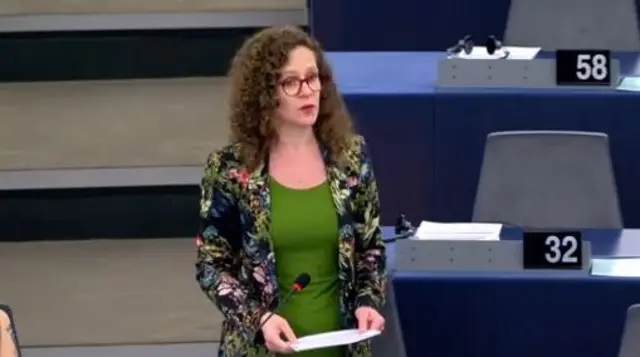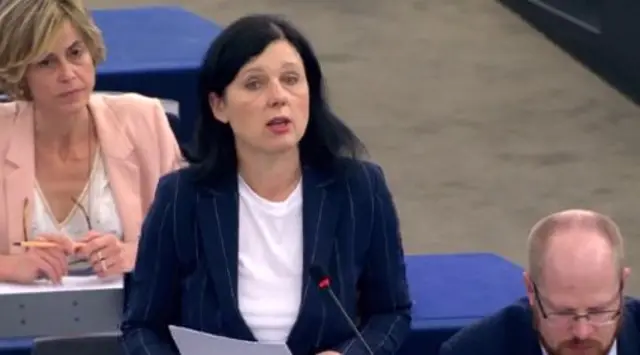What are the new car testing rules?published at 18:00 BST 18 April 2018
Debate on new EU car testing regime
Under the new system, national testing authorities will be required to check at least one in 40,000 vehicles registered in the country the previous year.
At least a fifth of these checks must be related to emissions, which will have to be done under real driving conditions.
The European Commission will also be granted powers to carry out its own vehicle inspections and fine companies up to €30,000 for each non-compliant vehicle.
However, a Commission proposal to time-limit the validity of type-approval certificates to five years has been taken out of the final text.


